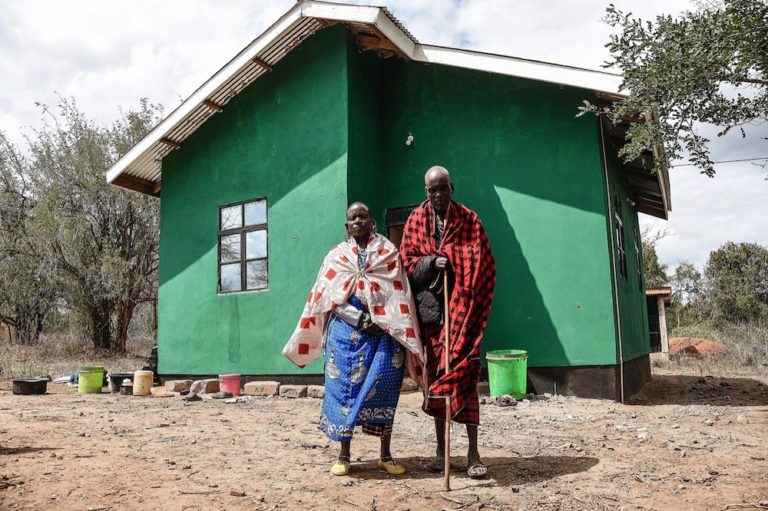(MISA/IFEX) – The Media Institute of Southern Africa (MISA) confirms meeting with the Zanzibar Minister of Information, Culture, Tourism and Youth, Issa Mohammed Issa, in his office on Friday, 21 August 1998 to discuss the continued banning of newspapers in Zanzibar. ***For background, see IFEX alert dated 21 August 1998*** The minister gave no commitment […]
(MISA/IFEX) – The Media Institute of Southern Africa (MISA) confirms meeting
with the Zanzibar Minister of Information, Culture, Tourism and Youth, Issa
Mohammed Issa, in his office on Friday, 21 August 1998 to discuss the
continued banning of newspapers in Zanzibar.
***For background, see IFEX alert dated 21 August 1998***
The minister gave no commitment during the meeting as to whether the recent
ban on “Mtanzania” newspaper and that of “Majira” would be lifted. He said
he was willing to listen and perhaps un-ban at least “Mtanzania” if its
editors apologised to the ruling CCM party in Zanzibar.
MISA maintains, however, that the continued use of excessive power by the
Zanzibar government to stifle opposing and critical views is inconsistent
with the spirit of an open, transparent and democratic society.
We do not agree with the banning of publications in Zanzibar nor the archaic
law under which such actions are being taken. We urge the minister to un-ban
both “Majira” and “Mtanzania” unconditionally. The government of Zanzibar
must allow its people to exercise their Constitutional right of choosing
what opinions and views to receive and identify with. Government leaders
must desist from imposing their reading tastes on the people of Zanzibar and
manipulating their opinions.
The point of dispute in the case of “Mtanzania” is an alleged
misunderstanding in the ranks of the ruling party and not government. We do
not find it justifiable for the ruling party to use government organs to
clamp down on party critics. Even if “Mtanzania’s” reporting directly
injured the government, banning is not an option. There are other options
available, including use of the Media Council of Tanzania or seeking civil
recourse in the judiciary instead of this blatant censorship.
The action of the Zanzibar authorities has and will continue to attract
further negative publicity on an already battered regime and bring ridicule
and condemnation on it. This will worsen the same government image, the
minister of information was seeking to protect. It is conduct like this
which creates negative coverage and the Zanzibar authorities must not blame
the media for giving them befitting coverage.
MISA will intensify its international campaign against violations of media
freedom in Zanzibar. We pledge to cooperate with the media both in Tanzania
and Zanzibar in fighting these abuses now and in the future. We will avail
to “Mtanzania” and “Majira” technical, legal and financial support in
challenging the ban and the laws under which such actions are being taken.


